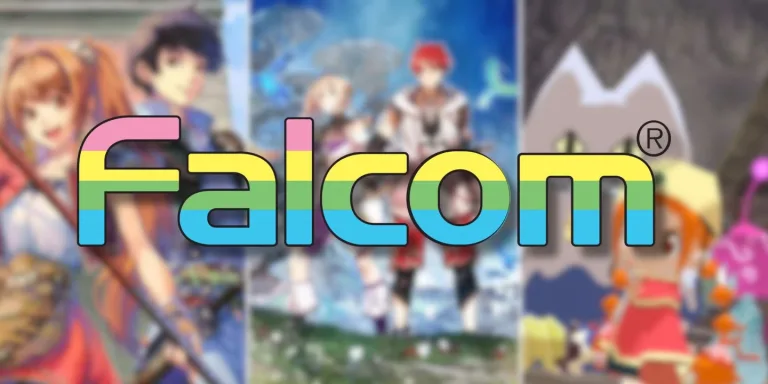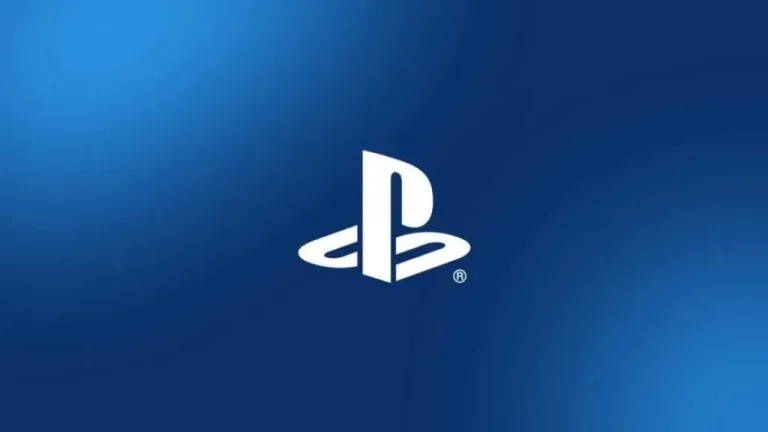Shift Up, the South Korean game developer behind Stellar Blade and Goddess of Victory: Nikke, has reported...
Day: February 10, 2025
Square Enix recently released its financial earnings report for the nine months ending December 31, 2024. The...
Nihon Falcom recently released their first-quarter earnings for 2025. The company reported a significant decline in revenue,...
The PlayStation Network (PSN) hacking incident of 2011 remains one of the most significant cybersecurity breaches in...





